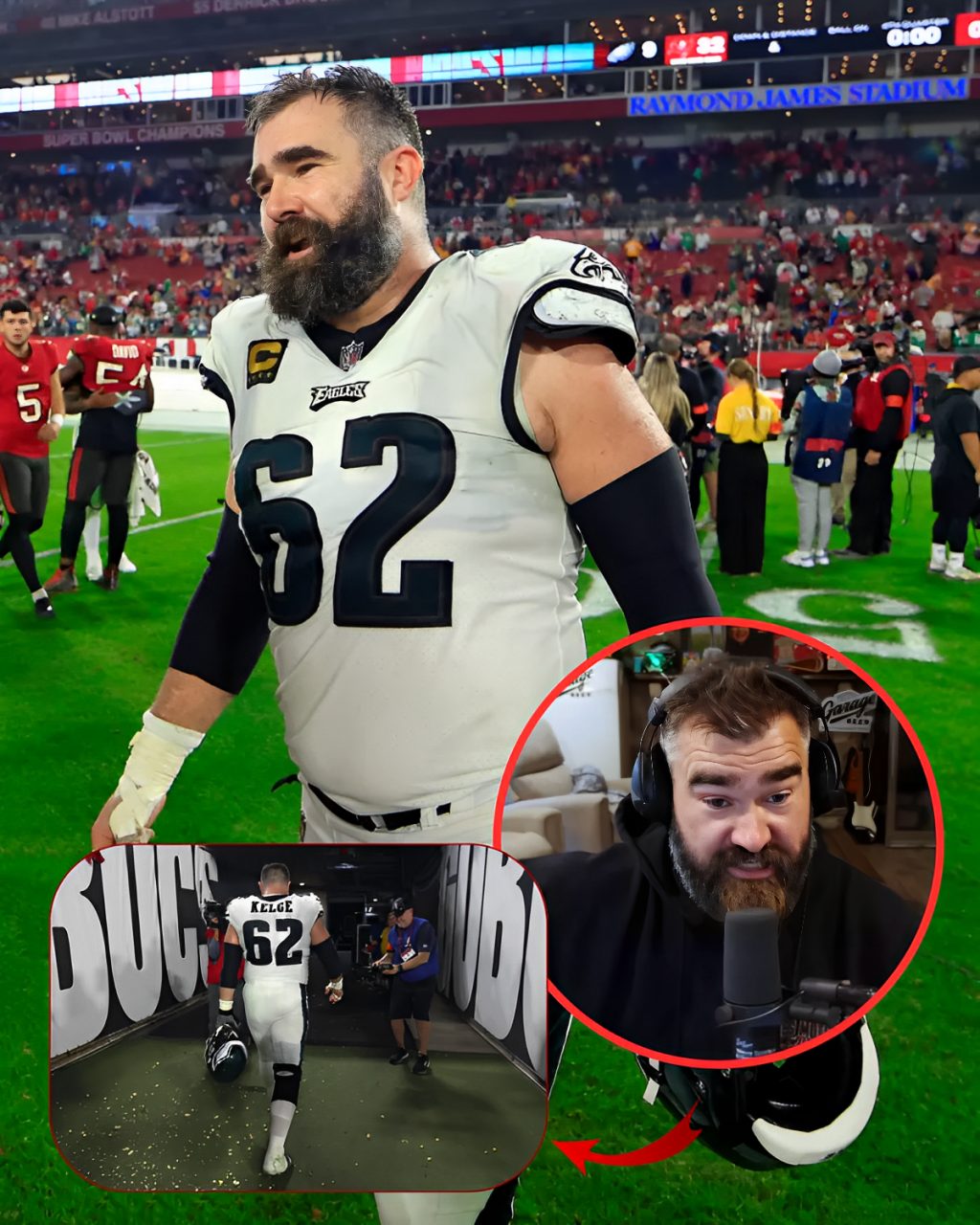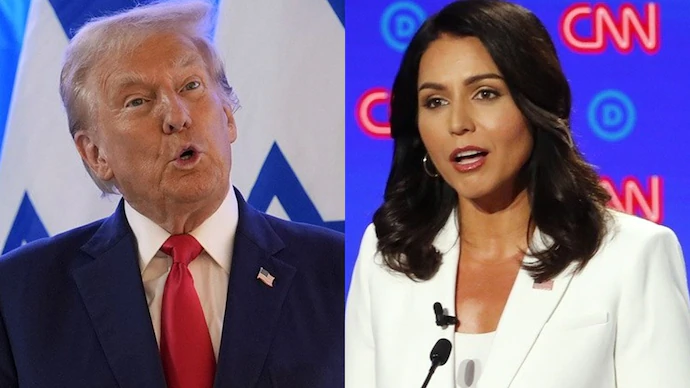
With James Gunn’s DC reboot looming, there are some key mistakes from the SnyderVerse that the super-powered universe should avoid going forward.
Coming off a lackluster last decade and change for the DCEU, Gunn (and his DC Studios co-CEO Peter Safran) will look to distance the series from the Zack Snyder-led era, with a full-scale reimagining of the blue brand’s on-screen efforts.
This first wave of DCU projects will sit under the banner Chapter 1: Gods and Monsters, kicking off (at least on the big screen) with 2025’s Superman: Legacy.
So with the Gunn/Safran era getting set to begin and the Snyder era set to end, here is every mistake from the DCEU that Gunn’s DC reboot should avoid.
1.) Introducing Too Much Too Fast Warner Bros.
Warner Bros.
One of the biggest problems with the SnyderVerse was the speed at which its storytelling came.
After Man of Steel laid the basic groundwork for the DCEU, Warner Bros. raced to catch up to the MCU.
This led to a brand of worldbuilding that felt like drinking out of a fire hose at times. The focus was no longer on setting the stage for the story but rather on getting to that story (being a Justice League team-up) as fast as possible.
The best thing James Gunn’s DC reboot can do is take its time, slowly laying the seeds for the greater world with no rush to get to some epic team-up.
Major successes on the other sides of the comic book movie fence (in the MCU) have worked because Marvel Studios President Kevin Feige and co. carefully laid the cobblestone in front of them before trying to drive on the road they were building.
The reason Avengers: Endgame was such a massive hit was because of the more than a decade of connective tissue the franchise had built.
While fans want to see major DC events like Crisis on Infinite Earths on the big screen eventually, there is no need to rush to get to those moments. Instead, the best thing James Gunn and Peter Safran can do is make sure they have a strong foundation before anything else.
2.) Not Having a Concrete Plan Warner Bros.
Warner Bros.
Coming hand-in-hand with the ‘too much, too fast’ point is having a concrete plan for the DCU.
While the SnyderVerse may have had a plan under the tutelage of director Zack Snyder at one point or another, that was quickly abandoned by the higher-ups at Warner Bros. The studio opted to build on the fly following the Justice League debacle that saw Snyder leaving the project mid-shoot.
Already, it seems like James Gunn has a concrete plan of where he wants to take the DCU. The DC head honcho has been clear he and a few others will serve as timeline keepers for this purpose.
However, it will be the job of Warner Bros. to let Gunn and Safran execute this vision and see it through.
Currently, the DCU slate includes 10 total projects, with talk of even more being added as time goes on.
Yes, there have been plenty of examples of massive slates being announced only to never see the light of day (just look at the original DCEU slate announcement). But Gunn seems committed to not announcing things unless he feels confident they will happen.
3.) Avoiding the Weirdness of DC Warner Bros.
Warner Bros.
Something the DCEU only dabbled in (with films like Aquaman and Shazam!) but never fully embraced is the absolutely bonkers nature of some of the DC universe.
Arguably even more than the world of Marvel Comics, DC can get weird, and its on-screen universe should get into that.
Gunn’s reimagined DC world should broaden those horizons beyond just the traditional Justice League headliners and dive into the cosmic, mythological, and mystical.
This apprehension toward embracing the weird is something that Gunn already seems primed to get over. His first set of DC projects includes stories at street level with The Brave and The Bold and those of the intergalactic with Lanterns.
And for those that are still skeptical, Gunn already announced the franchise’s first dip into the dark world of the DC occult with James Mangold’s Swamp Thing as well.
4.) Holding Back Directors Warner Bros.
Warner Bros.
One of the biggest complaints fans have had with the SnyderVerse of Warner Bros. (WB) is holding back or impeding the vision of directors.
Even though mileage may have varied when it comes to the quality of some of those visions, in several cases WB stepped in mid-production, Frankenstein-ing films into something they were never meant to be.
Titles like Suicide Squad, Justice League, The Flash, and Aquaman 2 (which is still set to release) all suffered from studio meddling during the production or – in some cases – post-production process.
What Gunn needs to do with his renewed vision for the franchise is advise as best he can, set the teams up for success, and then let them craft their vision within the confines of the greater universe.
Without creative freedom like this, the world would have never gotten certified classics of the genre like The Dark Knight or Guardians of the Galaxy (which, funnily enough, was directed by James Gunn).
This likely will not be as much of an issue for Gunn, as he has been on the other side working within the confines of IP with major studios before and knows how it can feel to have a creative vision meddled with.
5.) Not Focusing On Standalone Stories Warner Bros.
Warner Bros.
In concert with every one of the points above is focusing on good standalone stories first and foremost.
This is one of the most prevalent mistakes of not just the SnyderVerse-era DCEU but modern comic book movie-making as a whole.
Instead of crafting excellent superhero stories that stand on their own (with just seeds of worldbuilding), comic book movies have – in some cases – become overstuffed commercials for what is next in that particular universe rather than making what is happening now feel meaningful.
That is not to say there should be no mention of the greater universe; it is that interconnection narrative sinew that makes these cinematic universes special.
But the greater universe should not be justification for mediocre stories being told just because it will all supposedly pay off in some event movie down the line.
Thus far, Gunn looks to have this covered. All the comic book inspirations Gunn has revealed for his DC plans operate as solid standalone stories that also happen to take place in the greater DC universe.
Part of the reason SnyderVerse films like Shazam!, Wonder Woman, and Man of Steel succeeded is that they are first and foremost solid stories on their own.
Where some of the other DCEU films failed was prioritizing universe-building rather than making a great, satisfying narrative in the present, and the Gunn/Safran DC reboot would be smart to avoid this tactic.
James Gunn’s DC reboot kicks off on the big screen with Superman: Legacy on July 11, 2025.





